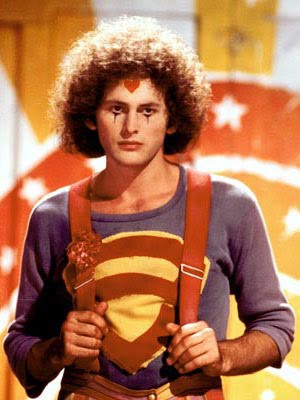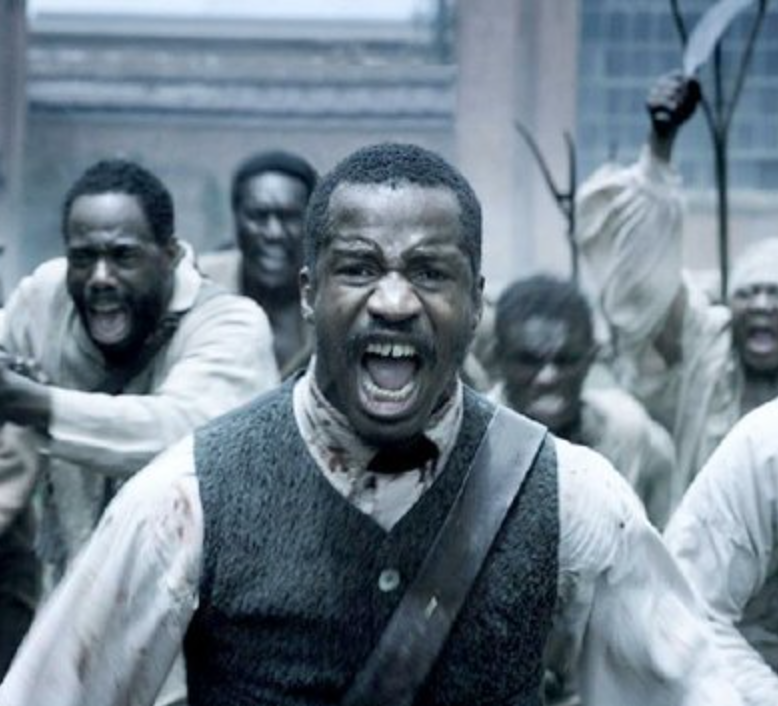NSA Brujas and Magic Pixie Dream Men
 Not so long ago, a man I fancied very much hurt my feelings through the grave sin of casual disregard, and I found myself trying not to cry at the exact moment I’d thought I’d be slathering on lipstick. I was crumpled on my bed next to a very pretty dress laid out in anticipation of him taking it off; it was blue and green and generally of a form and function I’d known he would admire. Though I never explicitly buy an article of clothing for one man’s eyes, I’d been happy about the prospect of this dress barreling past his defenses. I should have known better. Recently I’d had a dream in which this manic pixie dream man had been idling beneath a neon sign flashing the words DISASTER THROUGH AMBIVALENCE. That’s more supertext than subtext–neither ambivalent nor ambiguous–but what can I say? Hope is the thing without feathers, or so Emily Dickinson and Woody Allen might have said had they put their heads together. (Perish the thought.) Continue Reading →
Not so long ago, a man I fancied very much hurt my feelings through the grave sin of casual disregard, and I found myself trying not to cry at the exact moment I’d thought I’d be slathering on lipstick. I was crumpled on my bed next to a very pretty dress laid out in anticipation of him taking it off; it was blue and green and generally of a form and function I’d known he would admire. Though I never explicitly buy an article of clothing for one man’s eyes, I’d been happy about the prospect of this dress barreling past his defenses. I should have known better. Recently I’d had a dream in which this manic pixie dream man had been idling beneath a neon sign flashing the words DISASTER THROUGH AMBIVALENCE. That’s more supertext than subtext–neither ambivalent nor ambiguous–but what can I say? Hope is the thing without feathers, or so Emily Dickinson and Woody Allen might have said had they put their heads together. (Perish the thought.) Continue Reading →
Resistance, Reckoning, ‘Birth of a Nation’
 By now it is impossible to discuss “The Birth of a Nation,” star and director Nate Parker’s adaptation of the story he cowrote with Jean McGianni Celestin, without acknowledging the controversy surrounding this film. This may not be fair: No matter what allegations have been heaped upon such filmmakers as Woody Allen or Roman Polanski, their work is still largely taken on its own measure. (This is not the case for Mel Gibson, whose career has yet to recover from his 2010 alcohol-fueled hate spewings.) But reviewing “The Birth of a Nation” is especially complex given how the accusations weighed upon its creator intersect with its subject matter.
By now it is impossible to discuss “The Birth of a Nation,” star and director Nate Parker’s adaptation of the story he cowrote with Jean McGianni Celestin, without acknowledging the controversy surrounding this film. This may not be fair: No matter what allegations have been heaped upon such filmmakers as Woody Allen or Roman Polanski, their work is still largely taken on its own measure. (This is not the case for Mel Gibson, whose career has yet to recover from his 2010 alcohol-fueled hate spewings.) But reviewing “The Birth of a Nation” is especially complex given how the accusations weighed upon its creator intersect with its subject matter.
A far cry from a remake of the 1915 pro-Klan movie, this “The Birth of a Nation” is the story of the Virginia-born slave and Baptist preacher Nat Turner (played by Parker) who, in 1831, led a revolt that claimed the lives of sixty whites, most of whom belonged to slave-owning families. Parker has said he reclaimed that film’s title because Nat Turner birthed a “nation of resisters, a people truly willing to die for absolute freedom and liberation.” Turner’s story has been told before – most notably in William Styron’s Pulitzer Prize-winning, extremely problematic historical novel, The Confessions of Nat Turner – but never with such a clear-eyed, holistic fortitude, and never in a way that so powerfully connects it to the tensions still undercutting American life. Continue Reading →
The Myth of Unlikability: ‘The Girl on the Train’
 First things first: “The Girl on the Train” is a wonderfully faithful adaptation.
First things first: “The Girl on the Train” is a wonderfully faithful adaptation.
In a move that seems downright brilliant now, the film rights for Paula Hawkins’s dark mystery were bought months before its early 2015 publication, at which time it went on to sell more than eleven million copies, spend months on international best-seller lists, and capture us by the throat with an unnerving, elegantly wrought tension. Yet the early purchase of those rights was not eerily prescient, for the book is cinematic in the very best of ways: At core, it is about the power and pain of the female gaze. Continue Reading →
